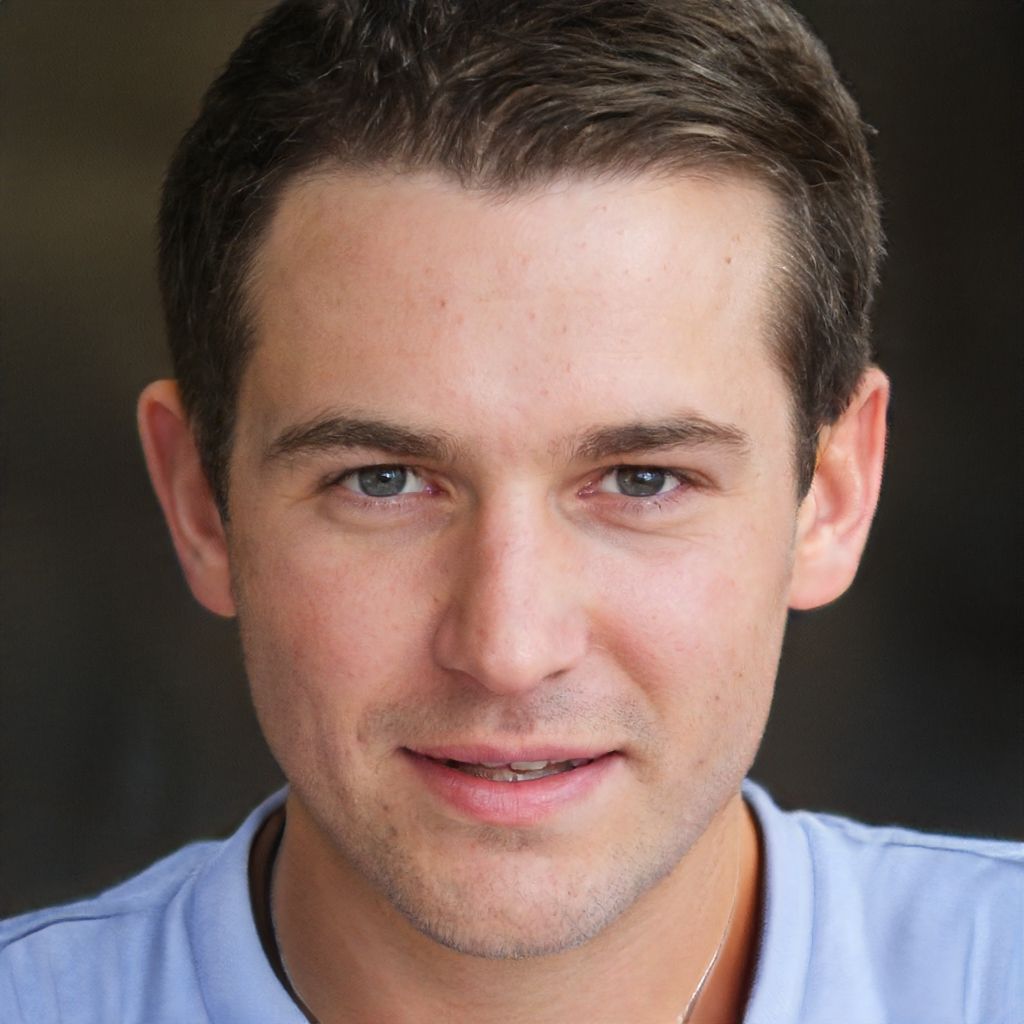Wall Street Journal seeks urgent opinion on espionage charges against Evan Gershkovich
Lawyers representing Wall Street Journal reporter Evan Gershkovich have submitted a request to the United Nations, urging the organization to issue an opinion regarding his arbitrary detention by Russia. Gershkovich, who is facing espionage charges that are deemed "patently false," was arrested on March 29 during a reporting trip to Yekaterinburg, located approximately 2,000 kilometers east of Moscow.
According to the request made to the U.N. Working Group on Arbitrary Detention, Russia has failed to present any substantial evidence supporting its accusations against the 31-year-old journalist. The Wall Street Journal emphasizes that Gershkovich's imprisonment is not a result of Russia genuinely believing its "absurd claim" that he is an American spy. Instead, the publication argues that Russian President Vladimir Putin is using Gershkovich as a pawn to exert leverage over the United States and to extract a ransom, as he has done with other wrongfully detained American citizens in the past.
Jason Conti, the Executive Vice President and General Counsel of Dow Jones, which publishes the Wall Street Journal, expressed hope that the U.N. will issue an opinion declaring that Russia has violated its obligations under international law and calling for Gershkovich's immediate release. Conti made these remarks during a news conference at the U.N. Correspondents Association.
The Working Group on Arbitrary Detention, which is composed of five independent experts and falls under the U.N. Human Rights Council based in Geneva, has been entrusted with the task of investigating cases where individuals are deprived of their liberty in an arbitrary or inconsistent manner, contrary to the international standards stipulated in the Universal Declaration of Human Rights.
The Trial of Gershkovich: A Disturbing Trend in Russia
The Russian Foreign Ministry has announced its willingness to consider a swap for Gershkovich, but only if a verdict is reached in his trial. Unfortunately, espionage trials in Russia are notoriously lengthy, with no specific date set for the conclusion of Gershkovich's case.
In an attempt to fight for his freedom, Gershkovich's legal team in Russia has appealed against a Moscow court's decision to extend his pretrial detention until the end of November. The future remains uncertain for this young journalist.
Despite the difficult circumstances, there is some solace in knowing that Gershkovich is holding up relatively well. Paul Beckett, the Journal's Washington bureau chief, has revealed that Gershkovich has managed to maintain a semblance of communication. He is able to send and receive letters while receiving visits from his lawyers and the occasional meeting with U.S. diplomats. These interactions provide him with a lifeline to the outside world.
It is important to note that Gershkovich's case holds significant historical weight. He is the first American reporter since September 1986 to be charged with espionage in Russia. The alarming parallel between his situation and the infamous arrest of Nicholas Daniloff, a Moscow correspondent for U.S. News and World Report, underscores the severity of the charges leveled against Gershkovich.
Mariana Katzarova, the first U.N. special investigator on human rights in Russia, has called for Gershkovich's immediate release. According to her, he was arrested solely because of his dedication to his profession as a journalist. Katzarova expressed her concern over the growing trend of individuals facing charges of espionage and treason in Russia. Citing statistics, she revealed that within the first seven months of this year alone, 80 people have been charged with treason, compared to only 16 convictions in the entire previous year. This troubling surge in charges appears to be a calculated attempt to stifle independent media and silence any dissenting voices, particularly those critical of war.
Katzarova also shared that she will be presenting her first report on the human rights situation in Russia to the Human Rights Council on Sept. 21. It is hoped that this report will shed further light on Gershkovich's case and contribute to the ongoing dialogue surrounding the importance of press freedom and human rights.
The ordeal faced by Gershkovich is just one example of a disturbing pattern emerging in Russia. As the free press continues to face unprecedented challenges, it falls upon organizations and individuals alike to advocate for justice, transparency, and the protection of human rights.
Related Articles

Tom Brady Joins Delta Air Lines as Strategic Advisor
Tom Brady, widely regarded as one of the greatest NFL players, joins Delta Air Lines as a strategic advisor to contribute to employee development, customer enga...

AMC Entertainment Positioned for Success in 2024, Analysts Say
AMC Entertainment is expected to thrive in 2024, benefiting from strong Q3 results, premium screens, strategic partnerships, and upcoming blockbuster movies.

EVgo Inc. Reports Strong Q2 Results and Raises Full-Year Sales Outlook
EVgo Inc. experiences a surge in stock price after revealing strong Q2 results and raising full-year sales forecast. Revenue skyrockets by 457% and exceeds anal...

